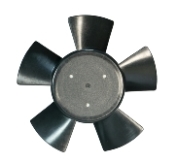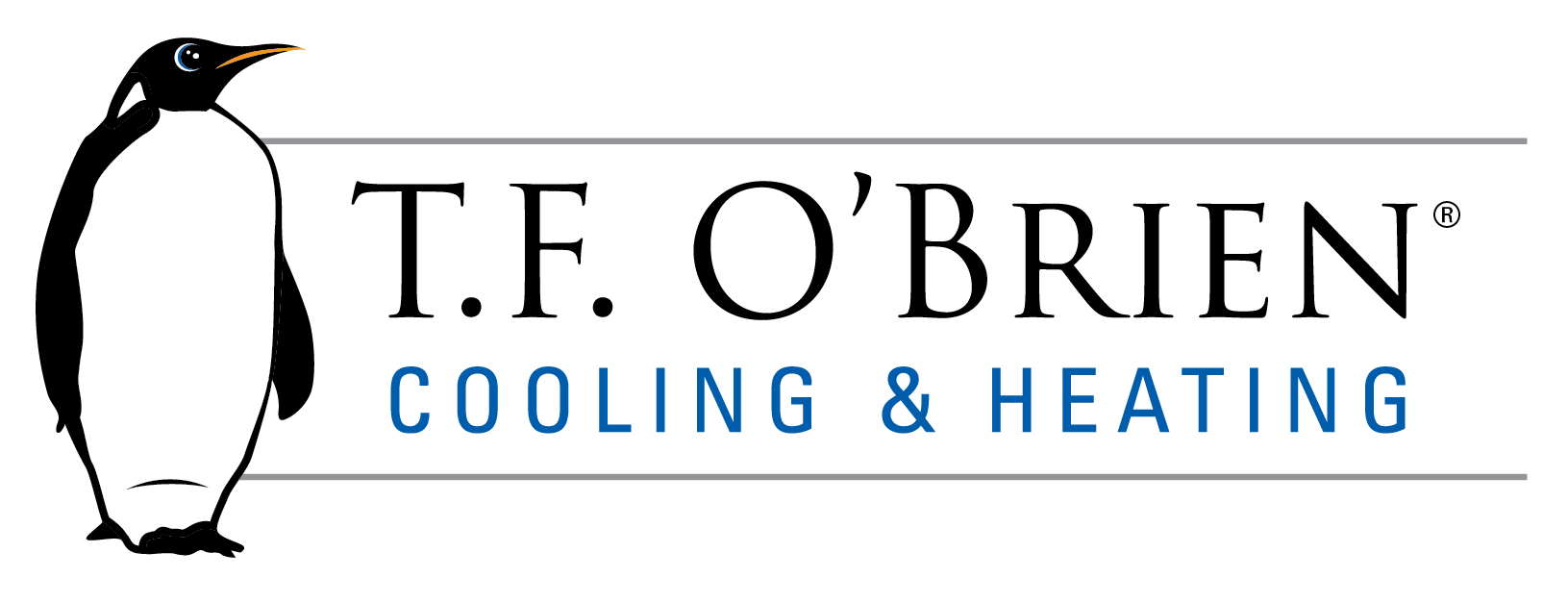 In the interest of conserving energy, homeowners are doing their best to tightly seal their homes. One area that definitely needs proper ventilation, however, is the attic. Without it, your attic can trap contaminants, moisture, and heat – all of which can cause significant problems in your home. Continue reading “Wondering How Water Got Into Your Attic? Improper Ventilation May Be the Cause”
In the interest of conserving energy, homeowners are doing their best to tightly seal their homes. One area that definitely needs proper ventilation, however, is the attic. Without it, your attic can trap contaminants, moisture, and heat – all of which can cause significant problems in your home. Continue reading “Wondering How Water Got Into Your Attic? Improper Ventilation May Be the Cause”
Tag: proper ventilation
With Spot Control, Ventilating Fans Improve Indoor Air Quality
 Homes today are built to be almost airtight to improve energy efficiency. However, trapped air may be full of pollutants, odor, and moisture, so you need a way to ventilate your home with fresh air. Without proper ventilation, your family may experience health problems associated with contaminants such as fumes, radon, or formaldehyde, or mold may grow due to excessive moisture. Spot control, or removing pollutants where they’re produced, is critical to ensuring adequate ventilation. Continue reading “With Spot Control, Ventilating Fans Improve Indoor Air Quality”
Homes today are built to be almost airtight to improve energy efficiency. However, trapped air may be full of pollutants, odor, and moisture, so you need a way to ventilate your home with fresh air. Without proper ventilation, your family may experience health problems associated with contaminants such as fumes, radon, or formaldehyde, or mold may grow due to excessive moisture. Spot control, or removing pollutants where they’re produced, is critical to ensuring adequate ventilation. Continue reading “With Spot Control, Ventilating Fans Improve Indoor Air Quality”
The Unthinkable Can Happen, If You Don’t Use A Carbon Monoxide Detector
If you use equipment that burns fuel in your Long Island home, you need a carbon monoxide (CO) detector. Actually, you should have several in specific areas of the home. There should be one located near bedrooms, in the kitchen and in the living area or den. And having a carbon-monoxide detector can save lives. Continue reading “The Unthinkable Can Happen, If You Don’t Use A Carbon Monoxide Detector”
How to Control Your Home’s Indoor Air Quality
More and more people are being treated for allergy and asthma symptoms, and experts suspect that poor indoor air quality is one of the reasons. Some studies show that the average person spends as much as 90% of their time inside and that could be contributing to health problems.
Homes today are being built tight to conserve energy. But, by sealing up the house there is very little fresh air coming in. Improving ventilation and installing air cleaners are practical ways that you can control the quality of your home’s indoor air.
The U.S. Environmental Protection Agency has been studying the problem of indoor air pollution and has issued a number of recommendations on how to keep your home safe. Running the vacuum regularly and dusting are practical ways to eliminate potential threats. Proper ventilation in bathrooms and kitchens is also recommended to vent excess moisture from showering and cooking. The EPA also advises not to permit smoking in your home and to store paints and pesticides outside of your living quarters.
Sometimes installing an exhaust fan is not sufficient to improve ventilation in the home. You may need an exchange unit which brings in clean air from the outside as it forces the stale air out. Some of these units can also retain hot or cool air and act as a dehumidifier to eliminate moisture. A T.F. O’Brien technician can determine what size unit would be appropriate for your home. This is also an excellent time to consider installing an electronic air cleaner which will do a much better job of removing contaminants from the air than the typical furnace filter.
If you are concerned about the indoor air quality in your home, take the EPA’s Care for Your Air Tour which goes room by room through the typical house identifying hidden dangers. Here’s a document the EPA put out on caring for your home air.
T.F. O’Brien services the Long Island, New York area.
Our goal is to help educate our customers about energy and home comfort issues (specific to HVAC systems). For more information about preventive maintenance and other HVAC topics, please download our free Home Comfort Resource guide.
Good Ventilation Systems Provide Good Indoor Air Quality
There is nothing more important than the safety of your family. You would like to think that in the confines of your home, you would have nothing to fear. However, the is a potential danger lurking right inside your house. Indoor air pollution is more of a threat to most of us than the smog of polluted cities and the only way to protect your loved ones is through proper ventilation systems.
Houses today are built “tight†to keep the air inside from leaking out. The pursuit of energy efficiency, though, has put at risk from stale air that does not circulate properly. The newer homes being built today are more susceptible to mold and mildew and dangerous gases like carbon monoxide or radon.
The telltale signs of poor ventilation are moisture that gathers on the windows, mildew on walls and foul odors which linger. A temporary solution can be just opening windows to air the home out. However, this does not provide conditioned air at the proper humidity, and can actually cause additional problems for your indoor air quality.
A better solution is installation of one of a number of good ventilation systems. Our skilled technicians can evaluate your home and recommend which of the available state-of-the-art ventilation systems will work best in your home. Quality ventilation systems start out at about $500 and will only cost $10-15 per month to operate.
Some of the best ventilation systems on the market today include energy saving features which can capture the warm air before it leaves your home and recycle it into the fresh air coming back in. The new models also have features which can remove moisture from the air which is perfect for New York’s humid summers.
These exchange units usually pay for themselves in a short time because your current heating and air conditioning units will be running less. The New York State Energy Research and Development Authority has put together an excellent guide for home ventilation solutions. To get it, click here.
T.F. O’Brien services the Long Island, New York area.
Our goal is to help educate our customers about energy and home comfort issues (specific to HVAC systems). For more information about preventive maintenance and other HVAC topics, please download our free Home Comfort Resource guide.
